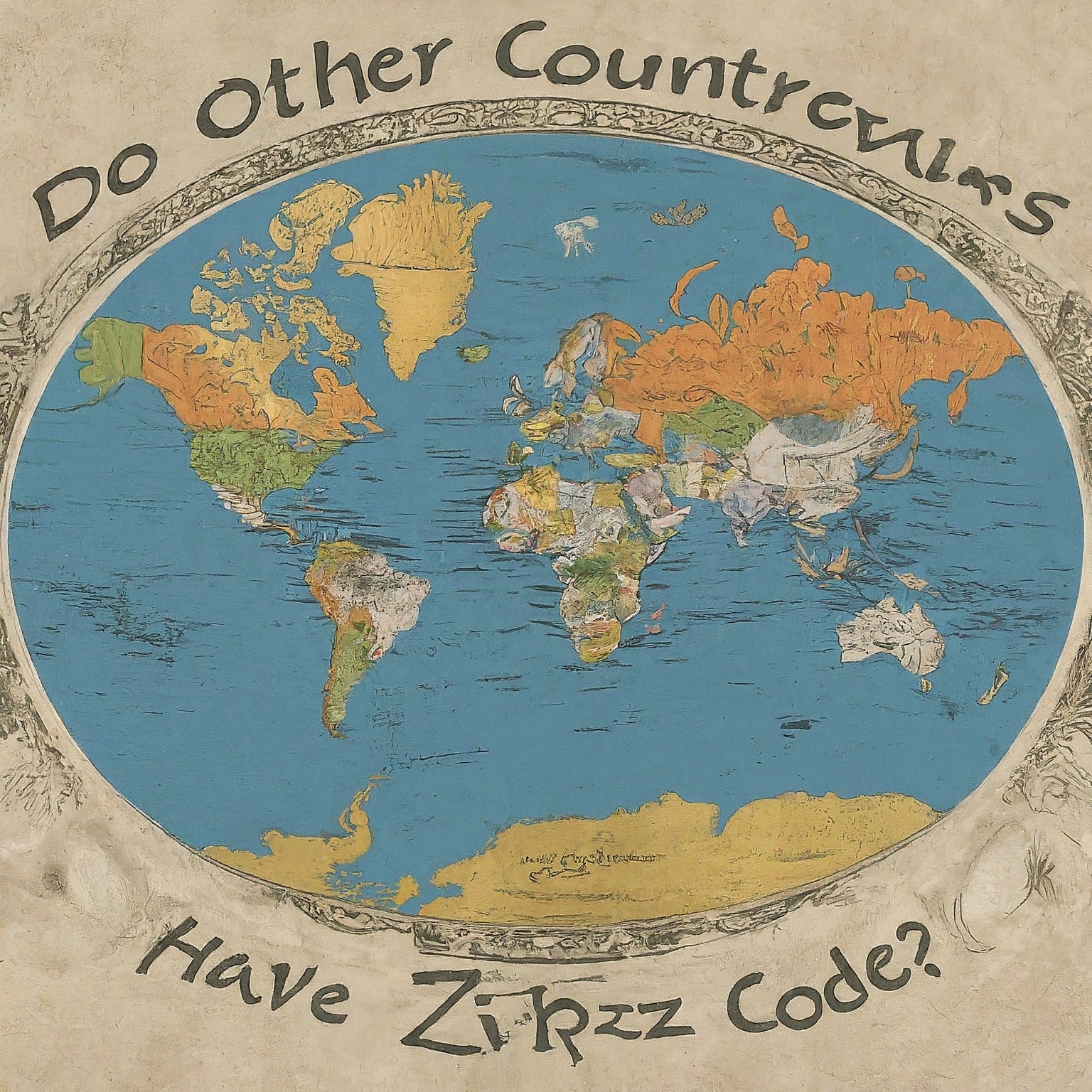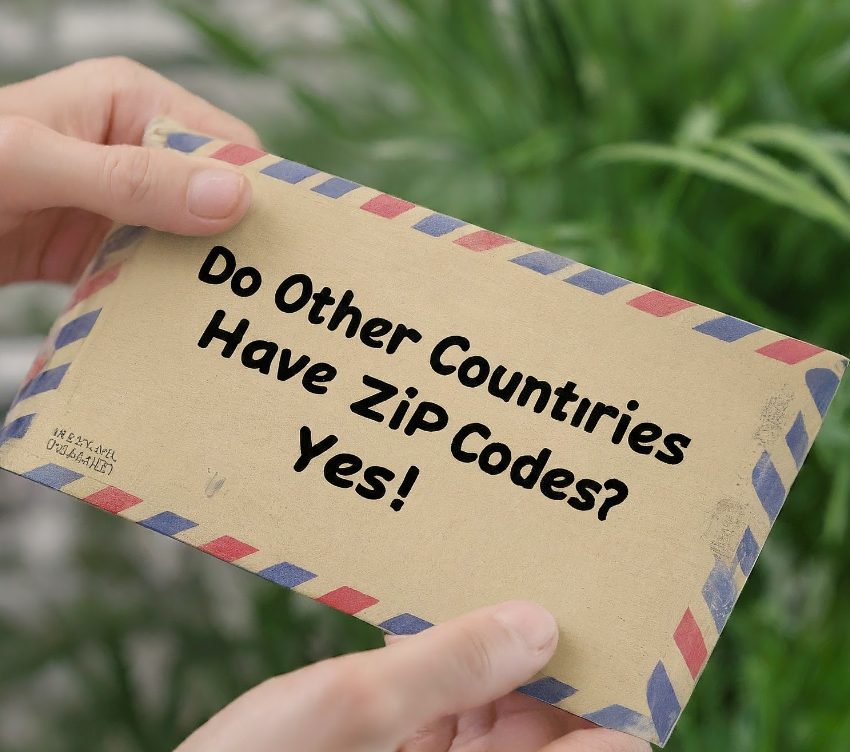Contents
A Comprehensive Look at Postal Codes Around the World
Introduction
The United States Postal Service (USPS) introduced the ZIP code system in 1963 to streamline mail delivery. ZIP, which stands for Zone Improvement Plan, quickly became an integral part of addressing in the US. But do other countries have zip codes, or do they use different systems for postal addressing?
Postal Codes: A Global Phenomenon
While the term “ZIP code” is specific to the United States, most countries have their own systems of postal codes. These codes serve the same purpose: to divide a country into geographical areas, making mail sorting and delivery more efficient.
Different Names, Same Function
Postal codes go by different names in different countries:
- Postcode: This is the most common term used in many English-speaking countries, including the UK, Canada, and Australia.
- Postal Index Number (PIN): This term is used in India.
- CAP: In Italy, the postal code is known as Codice di Avviamento Postale (CAP).
- Eircode: Ireland has its own unique system called Eircode.
The Format of Postal Codes

The format of postal codes varies widely from country to country. Some countries use only numbers, while others use a combination of letters and numbers. The length of the code can also differ significantly.
Read More: Zip Code 41042: Northern Kentucky’s Gateway to Growth
Examples of Postal Codes
- United Kingdom: Postcodes in the UK consist of a combination of letters and numbers, such as SW1A 1AA (Buckingham Palace).
- Canada: Canadian postal codes have an alternating letter-number format, like M5V 2K2 (CN Tower in Toronto).
- Japan: Japanese postal codes consist of seven digits, like 100-0005 (Tokyo Imperial Palace).
Benefits of Postal Codes
Postal codes offer several benefits:
- Efficient Mail Delivery: They help to automate the sorting process, ensuring that mail reaches its destination quickly.
- Accurate Addressing: Postal codes help to prevent errors in addressing, reducing the number of undeliverable items.
- Data Analysis: They are used for demographic analysis and marketing purposes.
Conclusion
So, do other countries have zip codes? Yes, they do, but they may go by different names and have different formats. Regardless of the name or format, postal codes are a vital part of the global postal system, facilitating the efficient delivery of mail and packages.
I hope this article provides a comprehensive answer to the question “do other countries have zip codes.” If you have any further questions, feel free to ask!





